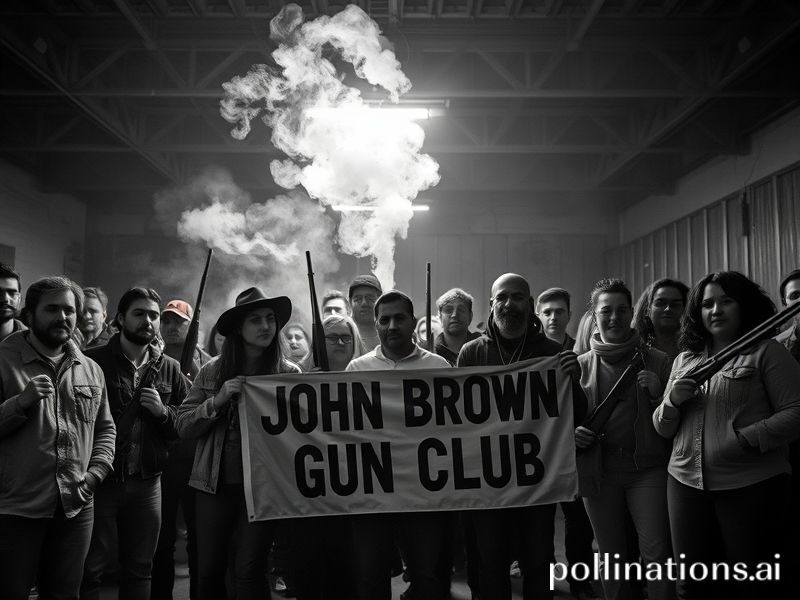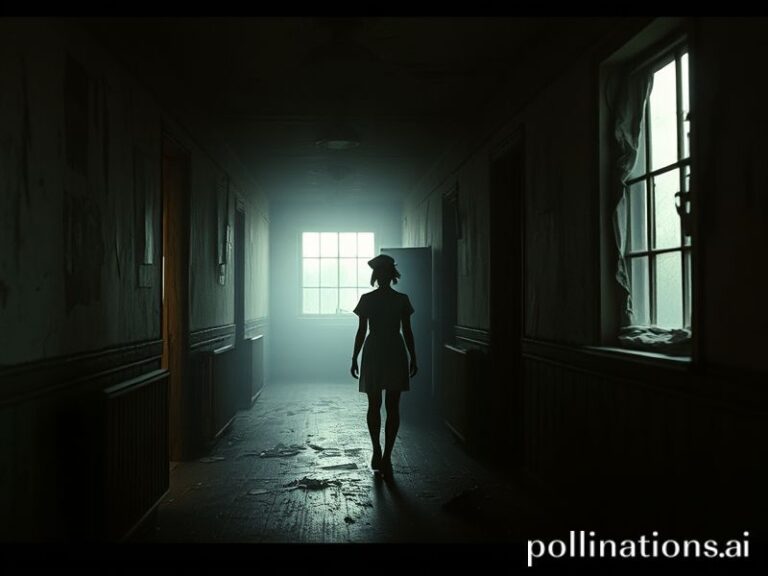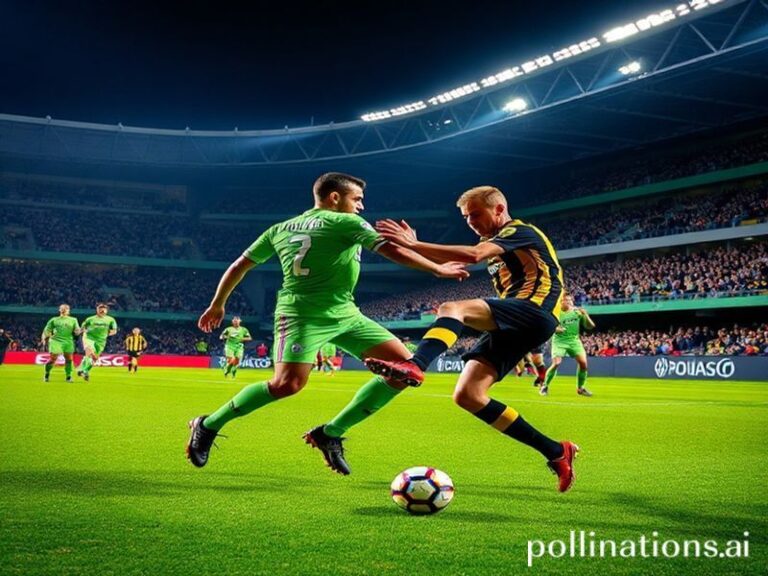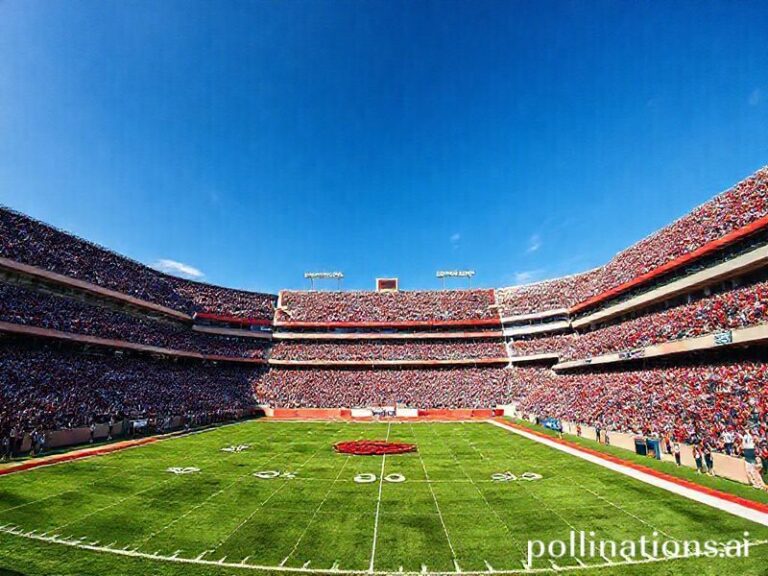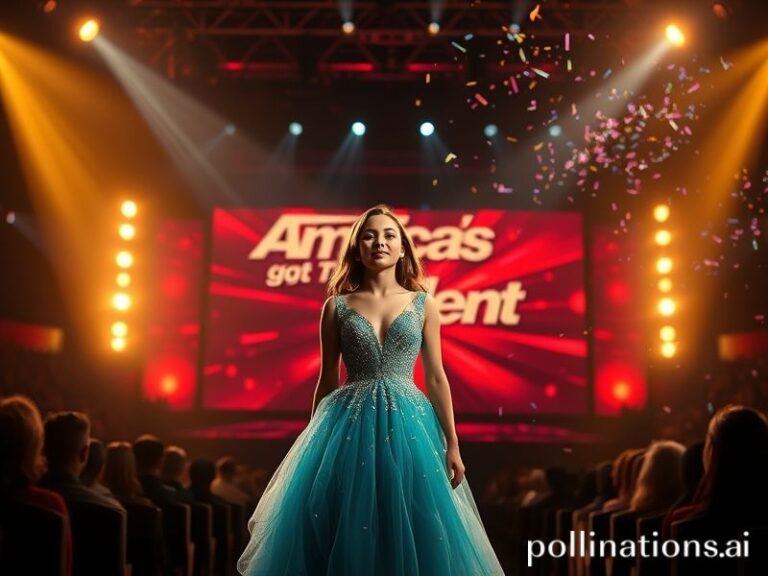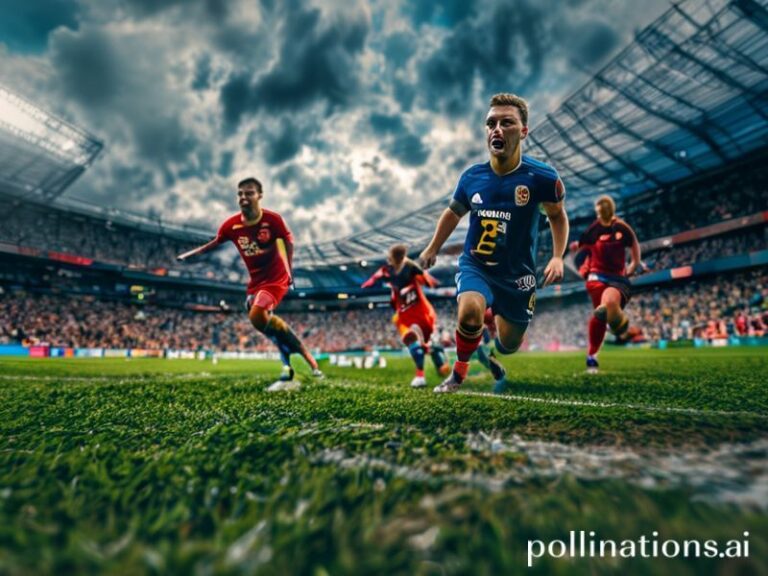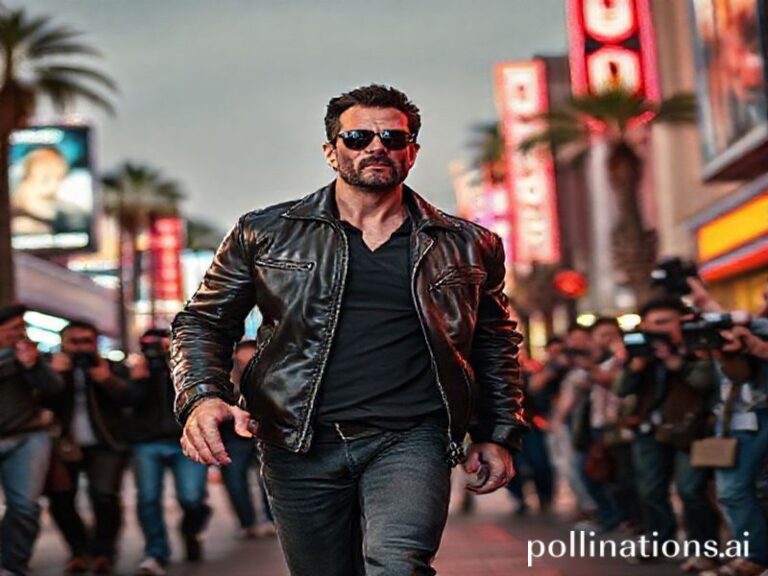How America’s John Brown Gun Club Became the World’s Strangest Export: Armed Anxiety Goes Global
**The Peculiar Export of American Anxiety: How the John Brown Gun Club Went Global**
In a world where irony died sometime around 2016 and was buried in an unmarked grave, the international proliferation of American armed leftist groups might seem like just another Tuesday in our collective fever dream. Yet here we are, watching the John Brown Gun Club—a peculiarly American phenomenon named after a 19th-century abolitionist who believed violence was a perfectly reasonable negotiating tactic—pop up everywhere from Berlin to Brisbane.
The joke, if you can call it that, writes itself: Americans, historically exporters of democracy and diabetes, have found a new niche product. Forget Coca-Cola; we’re shipping armed progressive solidarity with a side of existential dread. The John Brown Gun Club, originally formed in the United States as a left-wing answer to right-wing militias, has inspired chapters worldwide, proving that political polarization isn’t just America’s favorite pastime anymore—it’s gone viral faster than a cat video.
From an international perspective, this development offers a fascinating glimpse into how American political dysfunction has become the world’s most successful franchise. Like McDonald’s, but with more ammunition and fewer happy meals. European chapters have sprouted across the continent, where members gather to practice tactical maneuvers between sips of fair-trade coffee and discussions about sustainable agriculture. In Germany, where historical memory runs deep enough to make armed leftists particularly interesting dinner conversation, local chapters must navigate strict gun laws while maintaining their revolutionary aesthetic. Nothing says “workers’ solidarity” quite like filling out Form 27-B/6 for sporting rifle permits.
The Asian chapters face their own unique challenges. In Japan, where even kitchen knives require registration, the concept of an armed leftist militia has taken on almost performance-art qualities. Members practice with airsoft guns while discussing theory—imagine revolutionary cosplay, but with more academic citations. Meanwhile, in the Philippines, where political violence is less theoretical and more Tuesday afternoon, local chapters must balance genuine security concerns with the unfortunate reality that Americans exporting gun culture is rather like Australians exporting venomous spiders: the rest of the world already has enough, thank you.
What makes this global spread particularly amusing—in that dark, existential-chuckle sort of way—is how it reveals the universal human need to feel both threatened and prepared. From the perspective of someone watching this unfold from, say, a café in Paris or a pub in Dublin, the entire phenomenon reads like Americans have succeeded in making even political anxiety fashionable. The French, who’ve been protesting since 1789, must find it adorably American that their leftists think they need guns to make a point. The Irish, who’ve actually lived through their own troubles, probably view this with the same bemusement they reserve for Americans discovering whiskey.
The broader significance lies not in the actual threat these groups pose—most international chapters struggle to organize a successful potluck, let alone a revolution—but in what they reveal about our interconnected paranoia. Climate change, economic inequality, and the slow-motion collapse of various democratic institutions have created a global buyer’s market for existential dread. The John Brown Gun Club is simply the American brand of a universal product: the desperate human need to do something, anything, in the face of overwhelming systemic problems.
As these groups continue to multiply across continents, they serve as a reminder that America’s real export isn’t democracy or freedom—it’s anxiety, packaged and branded for international consumption. The world already had political polarization, economic uncertainty, and environmental collapse. Now, thanks to American innovation, they can experience all of these things while wearing matching tactical gear and discussing the revolutionary implications of organic farming.
In the end, perhaps that’s the most American thing of all: taking universal human fears and turning them into a franchise opportunity. The revolution will be trademarked, and there will be merchandise.

